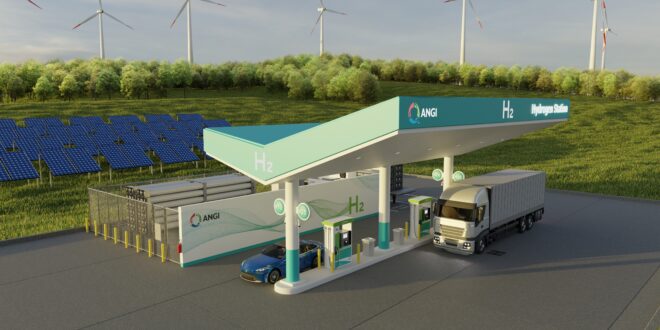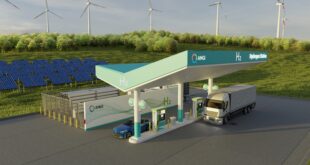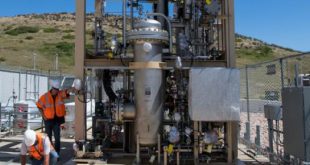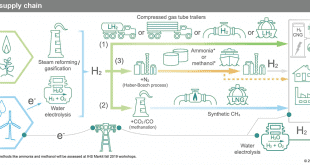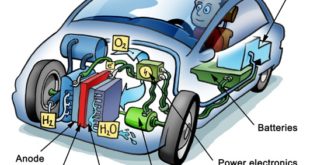The demand for more sustainable transportation options has led to the development of hydrogen-powered cars. Utilizing hydrogen as a fuel source, these vehicles offer an environmentally friendly alternative to traditional gasoline-powered cars. However, before delving into the potential future of hydrogen cars, it is important to understand the science behind hydrogen fuel cells.
Understanding Hydrogen Power
The Science Behind Hydrogen Fuel Cells
Hydrogen fuel cells are at the core of hydrogen-powered cars. These fuel cells convert hydrogen gas into electricity through a chemical reaction. The reaction occurs when hydrogen gas is combined with oxygen from the atmosphere, resulting in the production of water vapor as the only byproduct. This process, known as electrolysis, is efficient and clean, making hydrogen fuel cells a promising technology for renewable energy usage.
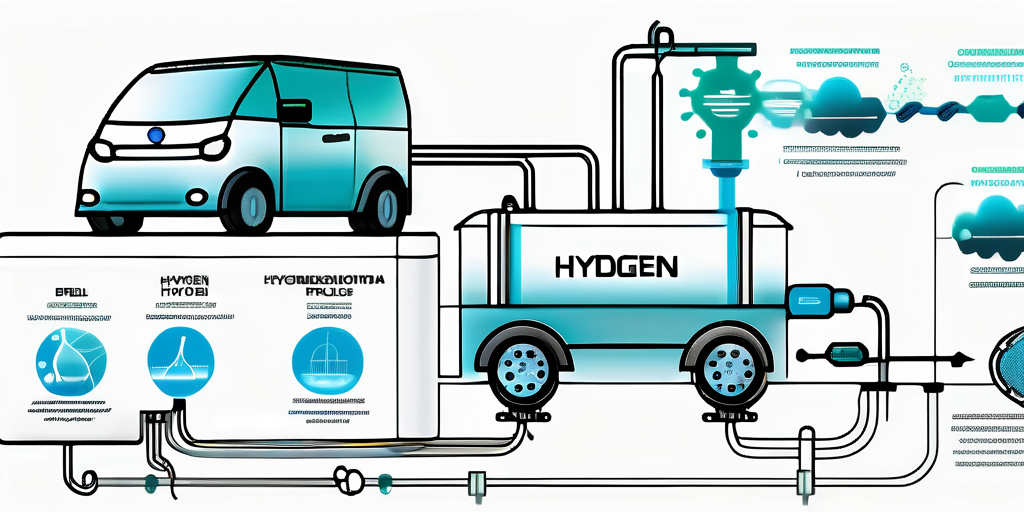
Hydrogen fuel cells operate based on the principle of electrochemical reactions. When hydrogen is supplied to the anode of the fuel cell, it is split into protons and electrons. The protons travel through a membrane to the cathode, while the electrons flow through an external circuit, creating an electric current. At the cathode, the protons, electrons, and oxygen combine to form water, releasing energy in the process. This energy can then be used to power electric motors, providing a clean and sustainable alternative to traditional fossil fuel vehicles.
The Evolution of Hydrogen Power Technology
Over the years, significant advancements have been made in hydrogen power technology. Research and development have focused on improving fuel cell efficiency, reducing costs, and increasing the reliability and longevity of the cells. As a result, hydrogen-powered cars have become more practical and viable for widespread adoption.
One key area of innovation in hydrogen power technology is the development of hydrogen production methods. While electrolysis is a common method for generating hydrogen, researchers are exploring alternative approaches such as steam methane reforming and biomass gasification. These methods aim to produce hydrogen more efficiently and sustainably, ensuring a stable supply for fuel cell applications. Additionally, efforts are underway to establish a robust infrastructure for hydrogen refueling stations to support the growing fleet of hydrogen-powered vehicles on the roads.
The Environmental Impact of Hydrogen Cars
Emission Reduction Potential
One of the primary advantages of hydrogen cars is their potential for reducing greenhouse gas emissions. Unlike gasoline-powered vehicles, hydrogen cars produce zero emissions at the tailpipe, as the only byproduct is water vapor. By transitioning to hydrogen-powered cars, we can significantly decrease air pollution and mitigate the impact of transportation on climate change.
Furthermore, the production of hydrogen fuel for these cars can be sourced from renewable energy, such as wind or solar power, which would further enhance their environmental benefits. This renewable hydrogen production process eliminates the carbon footprint associated with traditional fossil fuels, making hydrogen cars a truly sustainable transportation option for the future.
Comparing Hydrogen Cars to Electric and Gasoline Vehicles
When comparing hydrogen cars to electric and gasoline vehicles, there are several factors to consider. While electric vehicles have gained popularity, their limited driving range and longer charging times remain a concern. On the other hand, hydrogen cars offer longer driving ranges and shorter refueling times, making them more practical for long-distance travel. Additionally, hydrogen cars have the advantage of being able to refuel quickly, similar to traditional gasoline vehicles.
Moreover, hydrogen fuel cell technology is highly efficient, converting hydrogen into electricity to power the vehicle with minimal energy loss. This efficiency not only contributes to the overall performance of hydrogen cars but also reduces their environmental impact by maximizing the utilization of clean energy sources. As the infrastructure for hydrogen refueling stations continues to expand, the accessibility and convenience of hydrogen cars are expected to improve, further solidifying their position as a promising solution for sustainable transportation.
The Practicality of Hydrogen Cars
Infrastructure and Refueling Challenges
One of the major obstacles hindering the widespread adoption of hydrogen cars is the lack of infrastructure. Unlike gasoline stations or electric charging stations, hydrogen refueling stations are scarce. However, efforts are underway to expand the hydrogen refueling network. Investments in infrastructure development are crucial to address this challenge and make hydrogen cars more practical for everyday use.
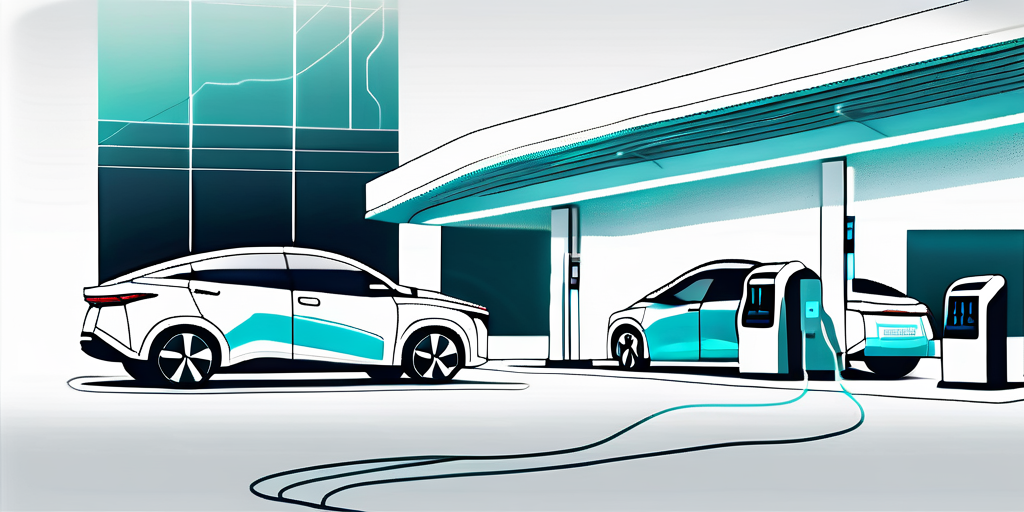
Moreover, collaborations between automobile manufacturers, energy companies, and government entities are playing a pivotal role in accelerating the growth of hydrogen refueling stations. These partnerships aim to establish a comprehensive network of refueling stations, strategically located along major highways and urban centers, to provide convenient access to hydrogen fuel for drivers across the country.
Vehicle Range and Performance
Another practical aspect to consider is the vehicle range and performance of hydrogen cars. Advances in fuel cell technology have greatly improved both of these factors. Hydrogen cars now offer longer driving ranges, allowing consumers to travel long distances without the need for frequent refueling stops. Additionally, the performance of hydrogen cars has improved, providing a smooth and powerful driving experience.
Furthermore, ongoing research and development in the automotive industry are focused on enhancing the efficiency of hydrogen fuel cells, resulting in increased range and improved performance for future generations of hydrogen cars. These advancements aim to address consumer concerns about range anxiety and ensure that hydrogen vehicles can compete with traditional gasoline-powered cars in terms of convenience and performance.
Economic Aspects of Hydrogen Cars
Cost of Production and Ownership
As with any emerging technology, the cost of production and ownership of hydrogen cars is currently higher compared to traditional gasoline-powered vehicles. However, as technology advances and economies of scale are realized, the cost of hydrogen cars is expected to decrease. Furthermore, the potential for government incentives and subsidies can help make hydrogen cars more affordable for consumers.
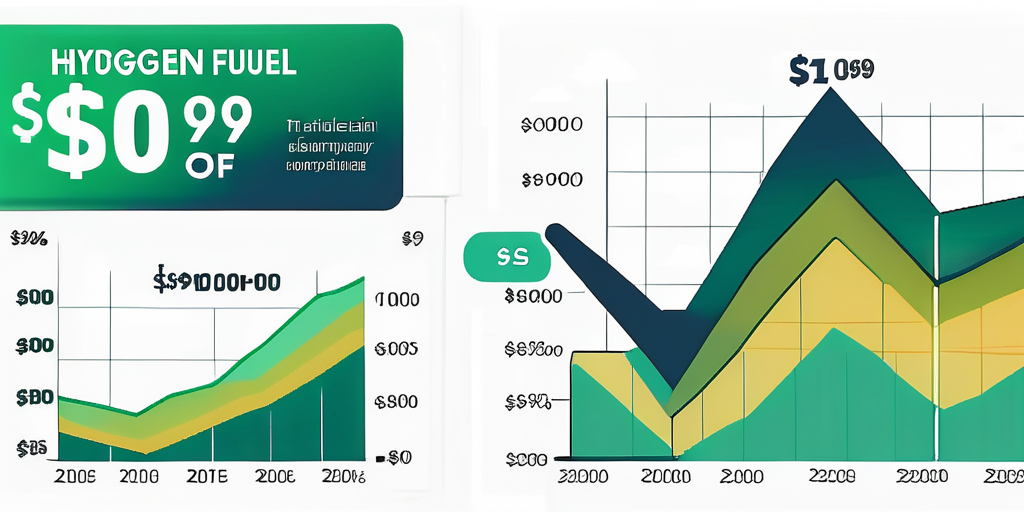
One factor contributing to the higher cost of hydrogen cars is the infrastructure required to support them. Building hydrogen refueling stations is a significant investment, and the limited availability of such infrastructure can impact the convenience and overall appeal of owning a hydrogen car. However, as more refueling stations are established, the accessibility and practicality of hydrogen cars are likely to improve, driving further adoption of this eco-friendly technology.
Market Trends and Future Projections
The market for hydrogen cars is steadily growing as governments and manufacturers invest in this innovative technology. As concerns about climate change and air pollution increase, hydrogen cars are gaining traction as a viable alternative. With continuous research and development, the future of hydrogen cars looks promising, with projections estimating that they could make up a significant portion of the automotive market within the next decade.
Another key aspect influencing the market trends of hydrogen cars is the development of fuel cell technology. Advances in fuel cell efficiency and durability are crucial for enhancing the performance and reliability of hydrogen cars. Manufacturers are actively working on improving fuel cell technology to address concerns such as range anxiety and maintenance costs, which are important factors for consumers considering the switch to hydrogen-powered vehicles.
Policy and Regulation Surrounding Hydrogen Cars
Current Policies Supporting Hydrogen Cars
Various governments around the world have implemented policies and regulations to promote the adoption of hydrogen cars. These policies include financial incentives, such as tax credits and grants, to encourage consumers to purchase hydrogen-powered vehicles. Additionally, governments are investing in research and infrastructure development to support the growth of hydrogen technology.
For instance, countries like Japan and Germany have been at the forefront of hydrogen car adoption, offering substantial subsidies and investing in hydrogen refueling stations. These proactive measures not only incentivize consumers but also create a supportive ecosystem for automakers to produce more hydrogen vehicles.
Potential Regulatory Challenges and Solutions
While there is support for hydrogen cars, there are also regulatory challenges that need to be addressed. Safety regulations, including hydrogen storage and transportation, must be in place to ensure public confidence in the technology. Collaborative efforts between governments, industry stakeholders, and researchers are essential to overcome these challenges and establish a robust regulatory framework.
Moreover, standardization of hydrogen infrastructure is crucial for the widespread adoption of hydrogen cars. Ensuring compatibility between different manufacturers’ refueling stations and vehicles is a key challenge that regulators and industry players need to address collectively. Additionally, regulations concerning the production and distribution of hydrogen fuel need to be streamlined to facilitate a seamless transition to a hydrogen-based transportation system.
 Alternative Energy HQ solar power for homes, wind energy, and bio fuel issues
Alternative Energy HQ solar power for homes, wind energy, and bio fuel issues
